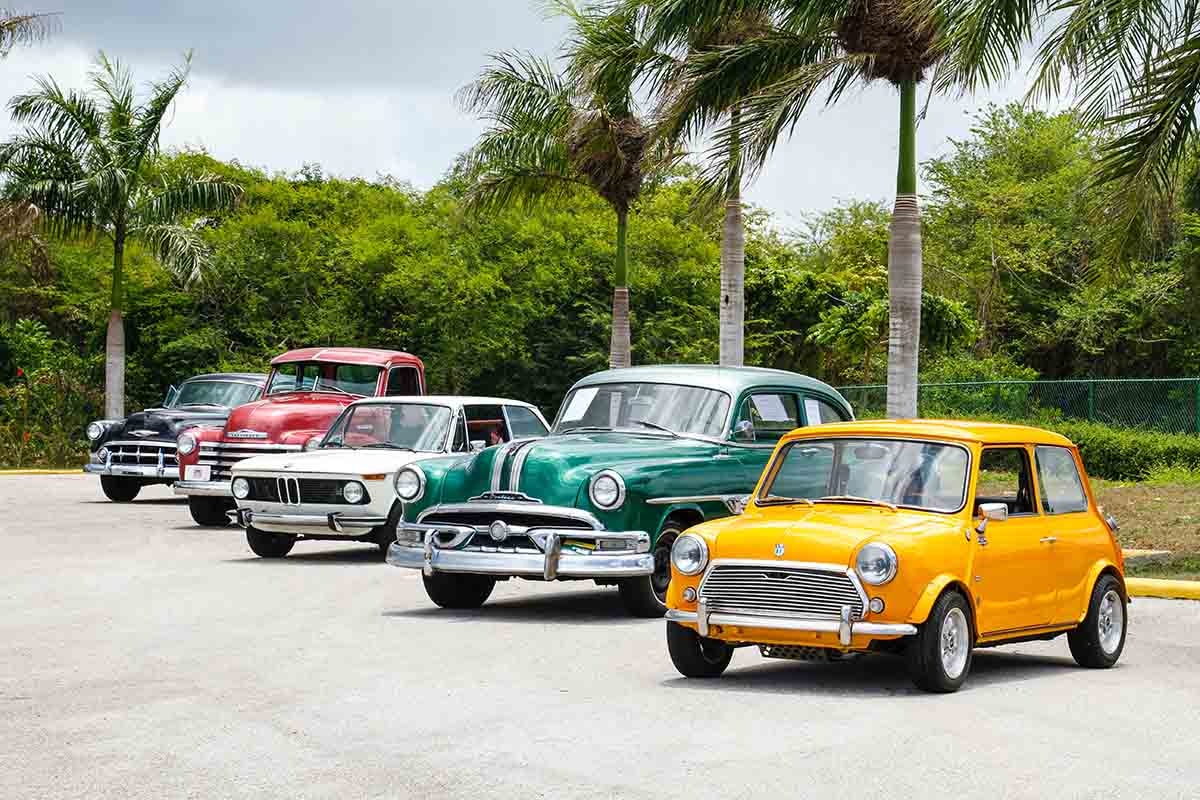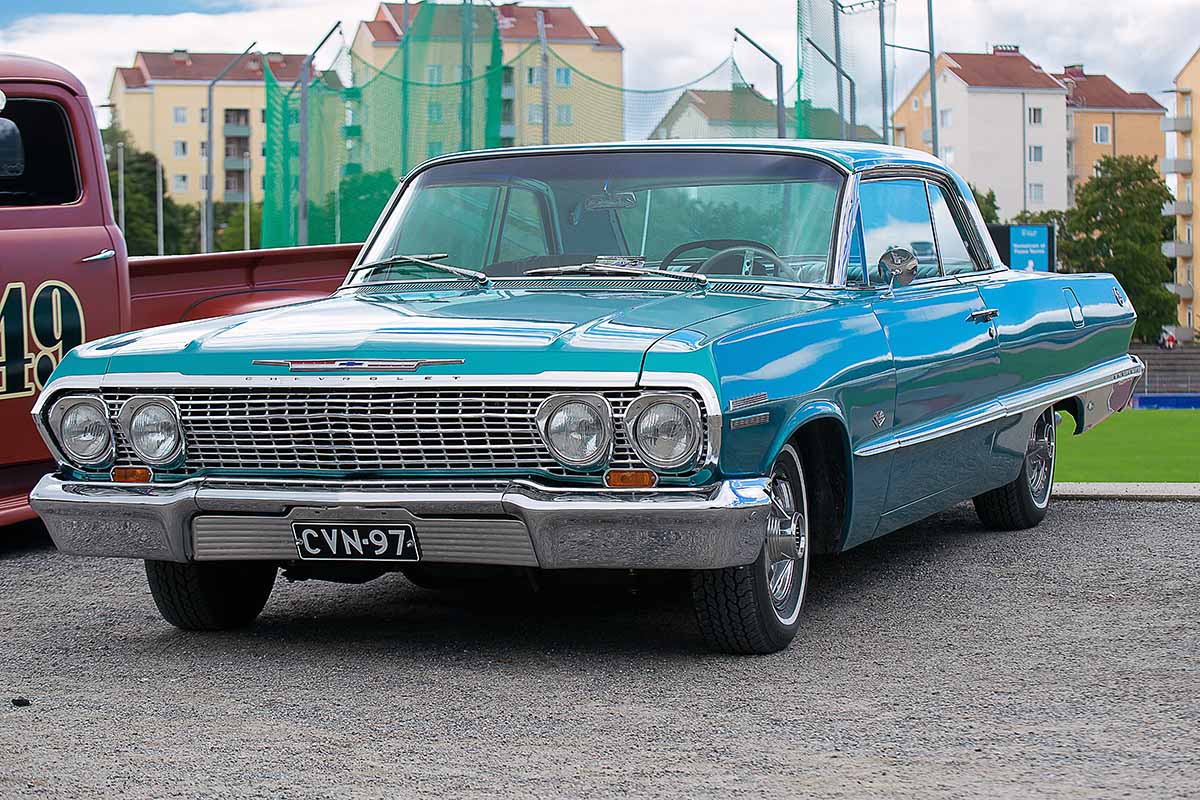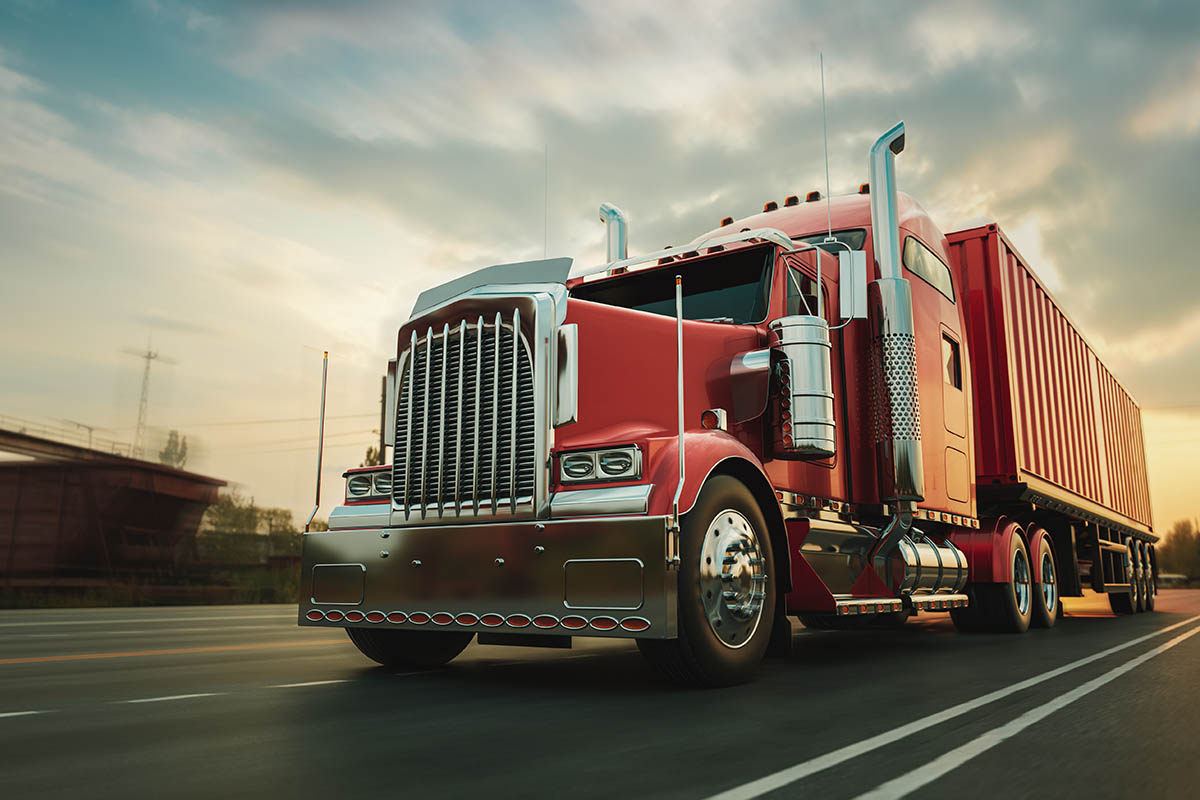Check These 6 Vital Things Before Buying a Classic Car
Classic cars have a timeless allure that captivates enthusiasts and collectors alike. Whether you’re dreaming of cruising in a vintage Corvette, restoring a muscle car, or investing in a piece of automotive history, the world of classic cars offers a unique and rewarding experience. However, before you dive headfirst into the world of classic cars, it’s essential to exercise caution and thorough due diligence. This blog will explore the six vital things you should check before buying a classic car to ensure your investment is as enjoyable and valuable as possible.
Documentation and History
The first and foremost factor to consider when buying a classic car is its historical documentation. When perusing classic car listings, prospective buyers should pay close attention to the presence of well-maintained historical records and documentation. These documents, such as maintenance logs, service records, and ownership history, provide insight into the vehicle’s past and serve as tangible proof of authenticity.
In addition, provenance is key in the world of classic cars, as it substantiates the authenticity and history of the vehicle. A classic car with a well-documented history tends to be more desirable and valuable. So, what should you look for in historical documentation?
Begin by verifying the car’s VIN (Vehicle Identification Number) and chassis number. These numbers should match the car’s documentation and title. Any discrepancies could be a red flag for potential issues, such as theft or improper modifications. Additionally, historical records should include maintenance logs, service records, and any ownership history available.
The overall condition of a classic car is a critical factor that can significantly impact its value and your ownership experience. Before making a purchase, thoroughly assess the car’s condition. This involves examining the body, engine, transmission, interior, and any other components for signs of wear, rust, or damage.
Understanding the restoration history of the car is equally important. Classic cars often undergo various levels of restoration, ranging from a full frame-off restoration to minor cosmetic work. You should know the extent of work done on the car and whether it was performed to a high standard. A well-documented and well-executed restoration can add significant value to a classic car.
Parts and Availability
When considering a classic car purchase, one crucial aspect to investigate is the availability of parts. The world of classic cars encompasses a wide range of makes and models, each with its own unique set of components.
Therefore, prospective buyers must evaluate whether original or replacement parts for their chosen classic car are readily accessible. This assessment can significantly affect the feasibility of restoring and maintaining the vehicle in the long run. Checking parts availability also plays a vital role in budgeting for potential repairs and upgrades, ensuring that buyers can keep their cherished classic cars in top condition.
Moreover, buyers should be mindful of the potential impact of using aftermarket or reproduction parts on their classic cars. While these parts can be suitable alternatives when original components are scarce, they might affect the vehicle’s authenticity and value. Enthusiasts often weigh the pros and cons of authenticity against functionality, and this decision should align with a buyer’s specific goals, whether that’s maintaining a classic car’s originality or enhancing its performance. In the world of classic cars, understanding parts availability and the choice between original and aftermarket components is a critical consideration for making a well-informed and sustainable investment.
Maintenance and Upkeep Costs
Owning a vintage vehicle is a labor of love, but it can also be a financial commitment. Classic cars, due to their age and unique components, often require specialized maintenance and repairs, which can be more costly than servicing a modern vehicle. As a result, potential buyers must anticipate these expenses and factor them into their budgets. Regular maintenance, occasional restoration work, and parts replacement can add up quickly, so being financially prepared is vital to ensure the enjoyment and longevity of the classic car.
Additionally, insurance and storage costs are other components of the overall expense equation. Classic cars may have higher insurance premiums compared to daily drivers, as they are typically seen as more valuable assets. Storing a classic car properly is also crucial to protect it from the elements and potential damage, which often necessitates garage or climate-controlled storage facilities. Therefore, before making a classic car purchase, individuals should evaluate their financial readiness to cover the total cost of ownership, including not only the initial purchase price but also the ongoing maintenance and storage expenses.
Market Trends and Valuation
The classic car market is subject to trends and fluctuations, which can impact the value of your investment. To ensure you’re making a wise purchase, research the current market trends for the specific make and model you’re interested in.
Various resources, such as classic car valuation tools and expert appraisers, can help you determine the vehicle’s fair market value. It’s essential to understand whether the classic car you’re eyeing has the potential for appreciation or if it’s more likely to depreciate over time.
Ownership History and Provenance
An often-overlooked aspect of classic car ownership is the vehicle’s ownership history and provenance. Knowing who previously owned the car and any notable events in its history can be valuable for both your peace of mind and potential future resale value.
Investigate previous owners and their involvement with the car. Were they well-known collectors or enthusiasts? Did they take part in any historical events or races? Documenting these aspects can enhance the car’s overall appeal and, consequently, its value.
Before Buying a Classic Car: Test Drive and Inspection
No matter how enticing a classic car may look in photos or on paper, a thorough pre-purchase inspection and test drive are essential. A hands-on evaluation can reveal hidden issues and give you a better sense of how the car performs.
During the inspection, check for signs of rust, frame damage, and any non-original modifications. Pay close attention to the engine, transmission, and brakes. A test drive will help you assess the car’s handling, comfort, and any potential mechanical issues. Don’t hesitate to enlist the expertise of a trusted mechanic or restoration specialist for this crucial step.
In the world of classic cars, purchasing a vehicle is not just about finding a beautiful, vintage model; it’s about investing in history, passion, and a piece of automotive art. To make the most of your classic car ownership, it’s essential to check these six vital things before making a purchase.
By carefully examining historical documentation, understanding the car’s condition and restoration history, assessing parts availability, budgeting for maintenance, researching market trends and valuation, and investigating ownership history, you can confidently embark on your classic car journey.
Remember that owning a classic car is not just an investment; it’s an experience that connects you with a rich automotive history and a community of fellow enthusiasts. By checking these vital aspects, you can ensure that your classic car journey is as enjoyable and rewarding as possible.




















